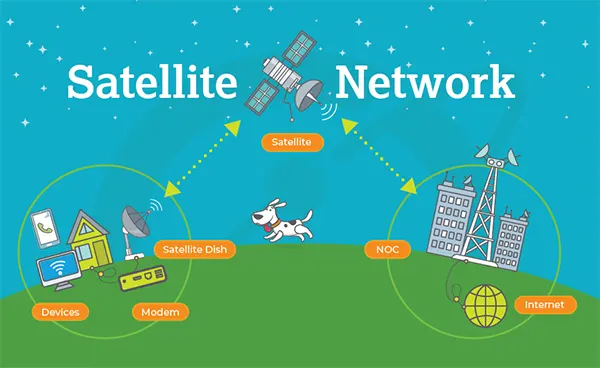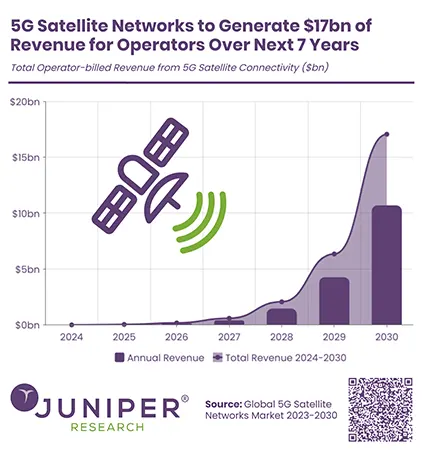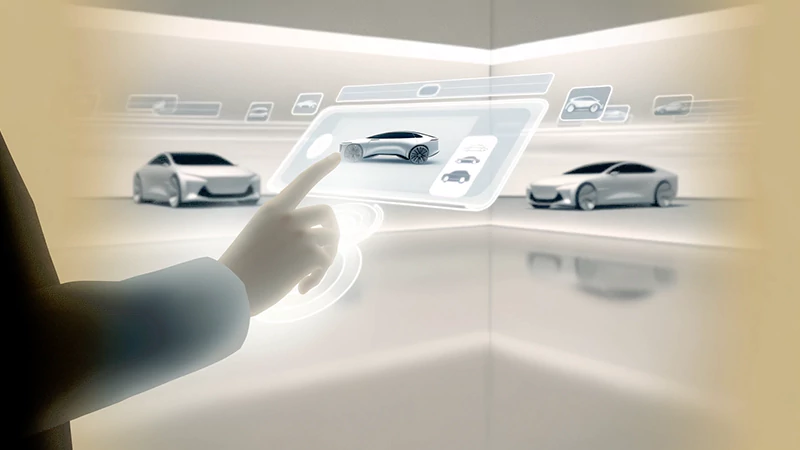Satellite Internet: Is It Right for You?

Do you live in the countryside or the mountains, you might lack a fast cable or fiber internet connection to browse the web. In that case, to cross barriers you will require a stable internet connection to complete indispensable tasks like checking your email or more.

Take note that there are so many things to know when trying to decide on what kind of internet service to sign up for.
If you’ve shopped around for a minute, satellite internet surely has come up as an option. If you’re familiar with it, you might not be all that enthusiastic.
Let’s face it; satellite networks aren’t for everyone, but it is a popular choice amongst households that have little or no other high-speed options. A satellite network consists of an online connection powered by satellites in space.
So, let’s unpack the pros and cons of satellite internet before you make a decision. Also, learn about the Best Internet Service Provider with this guide. Let’s get into it.
Pros Of Satellite Internet

This stands out as a unique, reliable service that caters to a demographic. Other than that, here are some other perks of using satellite internet:
- Available Nationwide
- Is High-Speed Internet
- Lower Cost Than Other Rural Internet Options
Satellite Internet Is Available Nationwide
The biggest pro of satellite internet is its availability nationwide. All you need is a satellite dish and a great view of the sky. You’re not bound by wires like you are with DSL, cable, and fiber internet providers.
Most Satellite Internet Is High-Speed Internet
In the United States, a provider has to deliver minimum speeds of 25 Mbps according to the FCC, a regulating organization. Hughesnet and Starlink both meet and exceed the requirements of being considered high-speed internet.
Statistics:

The new 5G satellite networks report reveals that the first commercial launch of a 5G satellite network will occur in 2024. From 2024-2020, this 5G satellite networks market is expected to generate $17 billion of revenue for operators.
Viasat has plans that are considered high-speed internet, but ones that are not, so buyer beware.
Satellite Internet Costs Less Than Other Options
Fixed point-to-point wireless internet, mobile broadband, and mobile hotspots can be expensive. Especially fixed point-to-point wireless costs substantially more, from $10 to $30 more than satellite internet, with more invasive installation processes.
Cons Of Satellite Internet
Let’s get into the not-so-great side of it. Here are some common cons associated with it:
- High Latency
- Data Caps
- Slower Internet Speeds
- Contracts
Higher Latency
Latency is the time it takes to send and receive information to and from your devices, your satellite dish, and the one in the sky. In most cases, this isn’t a huge concern. But if you’re a gamer and enjoy playing online with others, long latency is a huge problem.
So much so that it can make your favorite games unplayable.
Do You Know?:
Concerning satellite latency it is also known as ‘ping time’. The data over satellite travels at the speed of light – 186,000 miles per second.
Satellite providers are working diligently to remedy this. Starlink uses low earth orbit satellites which lessen latency.
Hughesnet uses a combination of satellites and wireless to significantly lower latency to allow for online gaming.
Data Caps To Monitor
All satellite network providers have data caps of some kind. They’re in place to protect bandwidth and speeds for all customers so that no one individual can lessen the experience for others. Luckily with advances in technology, these data caps aren’t hard limits.
You won’t get completely cut off, but you’ll notice a dramatic drop in speeds if you do go over your allotted data in a billing cycle.
Slower Internet Speeds Than Cable & Fiber
It’s no secret that both cable and broadband providers deliver faster service. If you live in a major city, suburb, or town, you likely have access to either or both.
Cable network providers can reach up to 1 Gbps and fiber network providers can reach up to 5 Gbps, which are far beyond what any satellite provider can dream of delivering.
There’s Long Contracts To Sign
With satellite internet, you almost always have to sign a two-year contract. There’s little way around that besides purchasing the equipment upfront which is cost-prohibitive to most.
Contracts make it more difficult to switch providers if you need to and will add early termination fees if you go through with it.
Why Choose Satellite Internet?
The number one reason why people sign up for its service is because they live in a rural or remote area with no other high-speed internet options. If you live in an area without cable or fiber, you’re a prime candidate for satellite internet.
Interesting Fact:
It is found that the orbiting satellite is 22,300 miles above Earth, meaning the data must travel that distance four times i.e. computer to satellite, satellite to NOC/internet, NOC/internet to satellite, and satellite to computer.
DSL can be slower than satellite internet, dial-up is unusable, and mobile reception can be spotty, making mobile broadband and hotspot options unreliable.
Best Satellite Internet Providers
One may be overwhelmed by the variety of options available. To sort this out, we’ve mentioned a few top providers:
| Provider | Price | Internet Speeds | Data Caps |
| Hughesnet | $49.99/month to $109.99/month | From 50 Mbps up to 100 Mbps | Unlimited Standard Data and up to 200 GB Priority Data |
| Viasat | $69.99/month to $299.99/month | From 12 Mbps to 150 Mbps | Unlimited Standard Data |
| Starlink | $120/month to $5,000/month | From 50 Mbps to 500 Mbps | Unlimited Standard Data and 40 GB to 2 TB of Priority Data |
No matter what you pick, there are gonna be some pros and cons. So, choose wisely!
Concluding Words
In your quest to get the best internet connection, don’t ever forget to acknowledge your unique lifestyle and situation. Simply put, acknowledge your location, budget, and data consumption habits.
And, if you find out that your area doesn’t offer cable or fiber internet, satellite internet can be a good choice for your internet needs.
If fiber optic technology is available or DSL is faster than satellite, then consider it as your choice.















